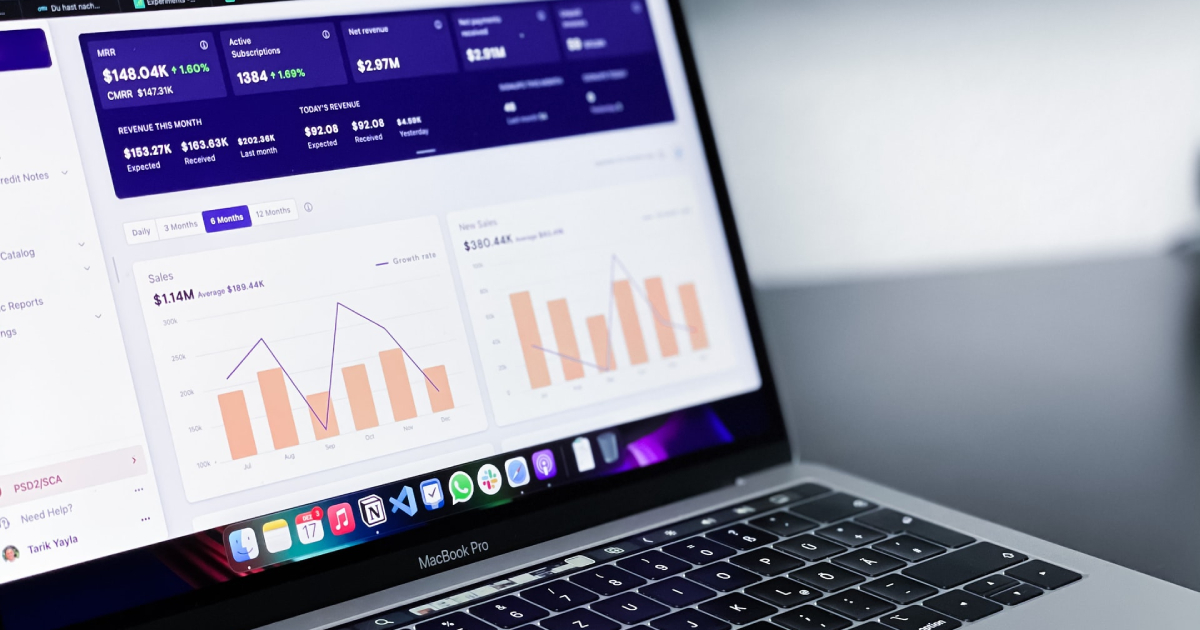The importance of data analytics is growing each day. Every financial institution wants to understand its customers better and offer them better services and to do that, experts focus on data analysis.
Today, information is instantly accessible with a quick browser search. Each day, there is an incredible amount of data produced around the globe—around 2.5 quintillion bytes of data is created every 24 hours. It’s fascinating that 90% of all data was created in the past two years.
There is virtually no industry that doesn’t conduct data analysis. However, the financial sector is one of the world’s most important industries and it heavily depends on data collection and big data analysis services.
ServiceNow Power BI integration helps track personalized metrics, KPI, overall team performance in real-time by scheduling refreshes, and also visualize team contribution to the overall result.
Finance Sector: Why Data Analytics is So Important

It is common to believe that data analytics is only used in the finance sector to predict stock prices. However, this is false. Finance companies can significantly benefit from data analytics and make data-driven decisions in areas such as risk analysis, fraud detection, and targeted advertising.
Big data is changing the technological and business landscapes in this age of modernization. Financial transactions are being performed constantly and the financial industry is involved in the computation of large numbers of financial events every day. These transactions create lots of data.
Analysts and consultants in this sector work to manage and analyze this data so they can reduce errors and better shape their financial decision in the future.
However, the list of benefits doesn’t stop there, and you can find other significant benefits of data analytics in the financial sector.
Data Analytics Lowers the Risk of Bad Investments and Loans
Bad loans are the worst nightmare for banks and financial institutions. In the worst case, they can cause profitability to drop and even lead to defaults or credit losses. Banks attempt to manage bad loans by determining them in their initial phases and writing down their value as equal to the expected credit losses.
However, expert bankers agree that it is far better to predict bad loans by analyzing large data and evaluating potential risk factors. The bank can then decide whether to give credit to the customer or not, depending on the risk levels.
This is also true for investments. If you’re looking to make sound investments in options, stocks, or shares, it’s best to use trading platforms with comparable historical option prices, risk metrics, and volatility surfaces. It’s important to do your research before you invest in a stock or option.
You can use data analytics to see how the financial instrument has changed over time and minimize your chance of it going south.
Identifying Fraud
With fraud and online scams on the rise, banks and other financial institutions have been forced to invest more in security and fraud detection and incorporate them into their day-to-day operations.
Nowadays, banks are able to provide better security to their clients and quickly identify suspicious account activity thanks to using data analytics solutions that warn them when abnormalities occur.
With the help of data analytics, banks will not only help consumers to protect their money but also maintain their status as reliable and financially sustainable businesses.
Data Analytics Opens Up New Business Opportunities

Financial institutions now have access to more information on their customers, thanks to big data including their Internet and social media activities.
This information will allow for enriched customer data ecology, which will make it easier for institutions to evaluate external customer data and find new business opportunities.
Banks adapt their strategies and plan to meet the needs of private and business clients. Big data can be used to segment potential clients and provide a customized model for each of them. The financial needs of customers can be easily determined, and financial organizations can offer personalized products and services.
Big Data Improves Algorithmic Trading
Algorithmic trading is the most important operation of financial institutions. This type of trading uses advanced mathematical formulas and lightning-fast computations to aid financial institutions in the development of new trading strategies.
As a result, data science has been the most important component of algorithmic trading. These transactions present huge data streams as the analytical engine’s task is to predict future markets. This is possible by having a deep understanding of the huge databanks.
Final Thoughts
Many big data companies offer prediction tools that can be used to help people and financial institutions make better financial decisions and analyze large data sets. These mysql data access solutions can help investors stay ahead of the market, minimize errors, and may help them compete in the market.
